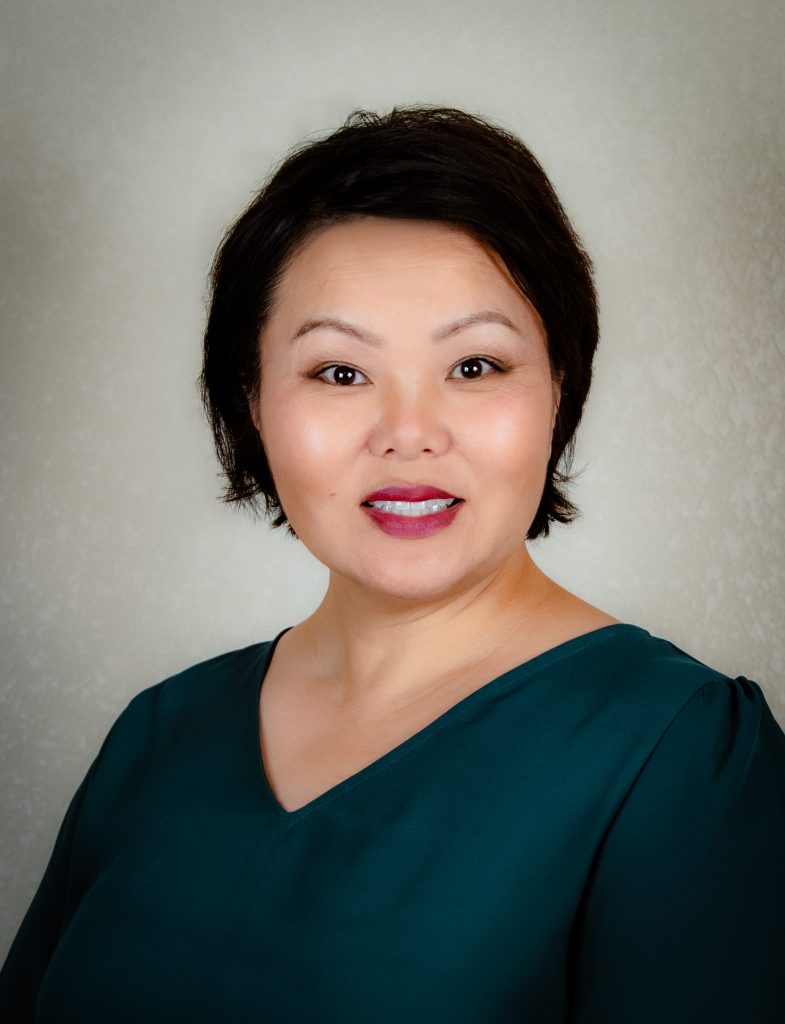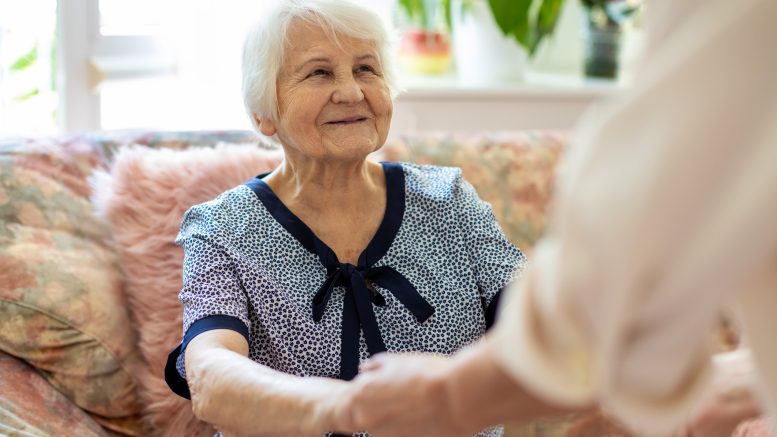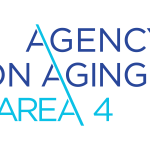Macie Chervunkong makes her living giving people the chance to live out their lives independently at home.
Chervunkong is a social worker with Sacramento County, who spends her days visiting recipients, assessing their conditions and care needs and making referrals, both internally and outside of the program. She filled this role through the In-Home Supportive Services department from 2006 to 2023, and now has a similar title through the county’s Adult Protective Services.
IHSS is a program funded by federal, state and county funds that serve low-income elderly, as well as children and adults who are blind and/or living with disabilities.
“The goal is to help recipients remain safely in their own homes versus being placed in a skilled nursing facility or board and care facility,” Chervunkong says. “It is important for them to remain independent for as long as they can.”

Sacramento County Adult Protective Services
To qualify for IHSS, applicants must meet a set of criteria that includes being eligible for Medi-Cal and at least 65 or older, blind or disabled.
Additionally, social workers like Chervunkong make home visits to evaluate an individual’s physical and mental capabilities and limitations before determining a candidate’s eligibility for IHSS services.
Specifically, social workers like Chervunkong determine whether an individual needs help from a care provider with everyday tasks such as grocery shopping, house cleaning, meal preparation and laundry. Or need personal care services that may include dressing, ambulation, bowel and bladder care, feeding, bathing and grooming, to name a few, Chervunkong says.
Often families are surprised to hear about the amount of help that is available through IHSS, she says.
“There are a lot of families that I go to who feel burned out from caring for their loved ones, and when I talk to them about possibilities of hiring someone outside of the home and what our services can do and the hourly rate that we pay for the provider, that helps the family out because some of them don’t know that,” she says. “That’s where I feel like we’ve helped a family in relieving some of the stress.
“Sometimes I walk into homes where folks are lonely and live alone. So, if they don’t have any family members or relatives to take care of them, I connect them with the IHSS Public Authority Caregiver Registry where there are already providers waiting to be hired.”
She says she even connects people with IHSS family service workers who can help IHSS recipients hire a care provider to assist them at home.
“So, I know I am making a difference when I am able to provide them with the resources and the services that they need to remain safely in their own home,” she says.
Once the recipient is enrolled in IHSS, Chervunkong visits them annually to see how they and their caregivers are managing.
During those visits, she observes the recipient’s living environment, determines if their condition has changed since her last visit, and assesses whether they need additional care hours or services.
“If the recipient is unable to communicate their needs, we speak with their family, parents, siblings, adult children, or a care provider providing services for them in the home,” she says. However, this is contingent upon having written permission from the recipient.
“That’s the important role that we play. We make sure that our recipients are independent, and, with assistance by a loved one or family member, that helps them maintain their independence,” she says.
Chervunkong is fluent in Hmong as well as English, but says some days she also teams up with an interpreter if the IHSS recipient and their family members speak other languages.
She typically visits around 400 IHSS recipients over the course of a year, she says.
Macie Chervunkong, social worker
“We’re all connected in some ways, so it’s meaningful when I can provide the services that a family never thought they could achieve or were unaware that the services even existed.”
Sacramento County IHSS program
But one benefit of the job is having a schedule she can control, Chervunkong says.
“That’s why I love my job. It’s flexible,” she says. “And I enjoy listening to their life stories and building rapport with them.”
“You’ve got to have passion in this field of work to help recipients. What I love about this job is being able to be their support and provide the resources and necessary referrals.”
A 17-year IHSS veteran, Chervunkong says performing her duties efficiently means keeping her case notes organized, knowing all applicable state regulations, policies, disability accommodations and available services, as well as understanding basic civil rights.
“It’s important also to have a background in Sociology, Psychology, counseling, Marriage and Family Therapy and social work in general,” she says.
But besides her knowledge and a passion for her job, Chervunkong says she views each recipient as family.
“We’re all connected in some ways, so it’s meaningful when I can provide the services that a family never thought they could achieve or were unaware that the services even existed.”
For more information about In-Home Supportive Services, including current employment needs, visit https://www.saccounty.gov/services/Pages/In-Home-Supportive-Services.aspx


























